Are you thinking about creating a website for your business? You might be tempted to use a free website builder or try to design it yourself. But there’s a better option. Hiring a professional web designer can save you time, money, and headaches in the long run. But, why hire a web designer?
A skilled web designer brings expertise and creativity to your project. They know how to make your site look great and work well on all devices. Plus, they can help with things like search engine optimization and making your site easy for visitors to use.
When you hire a website designer, you’re investing in your online presence. A well-designed website can attract more customers and help your business grow. It’s not just about looks – it’s about creating a powerful tool for your business.
Key Takeaways
- Professional web designers save you time and create better results
- A well-designed website can boost your business and attract more customers
- Hiring an expert ensures your site works well on all devices and follows best practices
The Importance of Professional Web Design
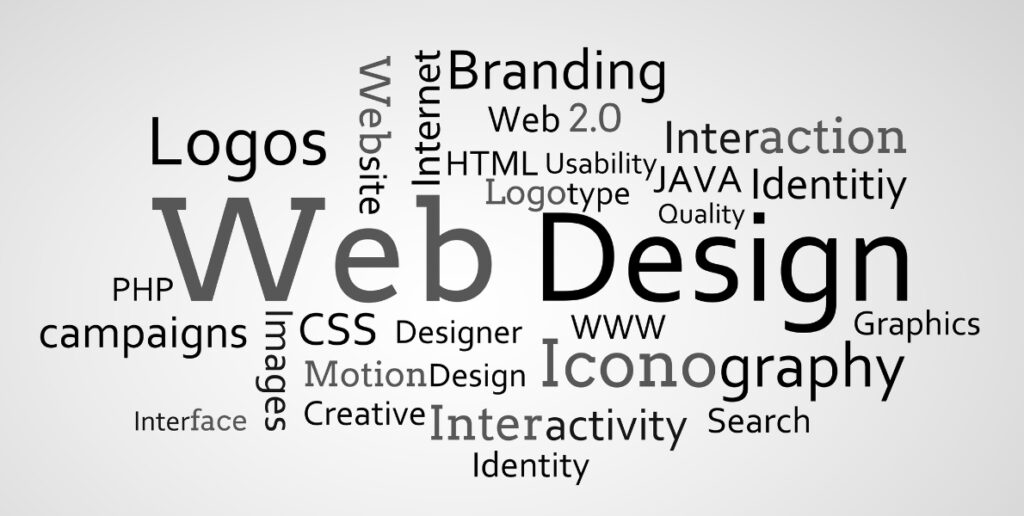
Professional web design plays a crucial role in your online success. It shapes how people see your business and affects their experience on your site. At DiviCode, we have over 20+ years of experience building websites from the ground up. Go check out our web design services now!
Credibility and Brand Identity
A well-designed website boosts your credibility. It shows you care about quality and attention to detail. This matters a lot to potential customers.
Your website is often the first impression people have of your business. A professional design helps create a strong brand identity. It uses the right colors, fonts, and images to represent your company.
Professional web designers know how to make your site stand out. They can create a unique look that fits your brand and appeals to your target audience.
User Experience and User Engagement
Good design makes your website easy to use. This is key for keeping visitors on your site and turning them into customers.
A professional designer creates a layout that’s easy to navigate. They make sure important information is easy to find. This helps visitors quickly get what they need.
Responsive design is also crucial. It ensures your site works well on all devices – computers, tablets, and phones. This gives users a smooth experience no matter how they access your site.
SEO and Organic Traffic
Professional web design can boost your search engine rankings. This helps more people find your site through online searches.
Designers know how to structure your site for better SEO. They use the right headings, meta tags, and image descriptions. This helps search engines understand and rank your content.
Fast loading speeds are also important for SEO. Professional designers optimize your site to load quickly. This keeps visitors happy and helps your search rankings.
Good design also encourages people to share your content. This can lead to more backlinks, which further improves your SEO and brings in more organic traffic.
Benefits of Hiring a Professional Web Designer

A skilled web designer brings valuable expertise to your project. They create custom sites that look great on all devices and provide ongoing support.
Expertise in Responsive Website Design
Professional web designers know how to build sites that work well on phones, tablets, and computers. They use the latest techniques to make your site adjust smoothly to different screen sizes.
Your site will load quickly and be easy to use on any device. This keeps visitors happy and helps you reach more people.
Web designers also know how to make your site accessible to people with disabilities. They follow best practices for color contrast, text size, and keyboard navigation.
Customization and Unique Design
When you hire a web designer, you get a site made just for you. Most designers don’t use templates that make your site look like others, but rather either use a template to start from or create your website completely from scratch.
Designers typically create a custom look that fits your brand including choosing colors, fonts, and images that appeal to your target audience.
A unique design helps you stand out from your competitors whether they be local or others in your industry. It makes your site more memorable and builds trust with organic and returning visitors.
Designers also know how to organize your content for the best user experience. They typically create clear menus and page layouts that guide visitors to key information. Think of it like a funnel or using leading lines to draw eyes to what you want them to see.
Support and Ongoing Maintenance
Web designers usually don’t just build your site and leave you hanging high and dry once it’s complete. Many, including DiviCode, offer ongoing support to keep your site running smoothly.
They can update your content, fix any issues that come up, and add new features as needed. This saves you time and keeps your site fresh without the need for a staff member on your payroll.
Designers also make sure your site stays secure from vulnerabilities. They provide updates to the operating system your website runs on and plugins to protect against hackers.
With professional support, you can focus on your business while your site stays in top shape. You’ll have an expert to call if anything goes wrong.
Understanding the Web Design Process
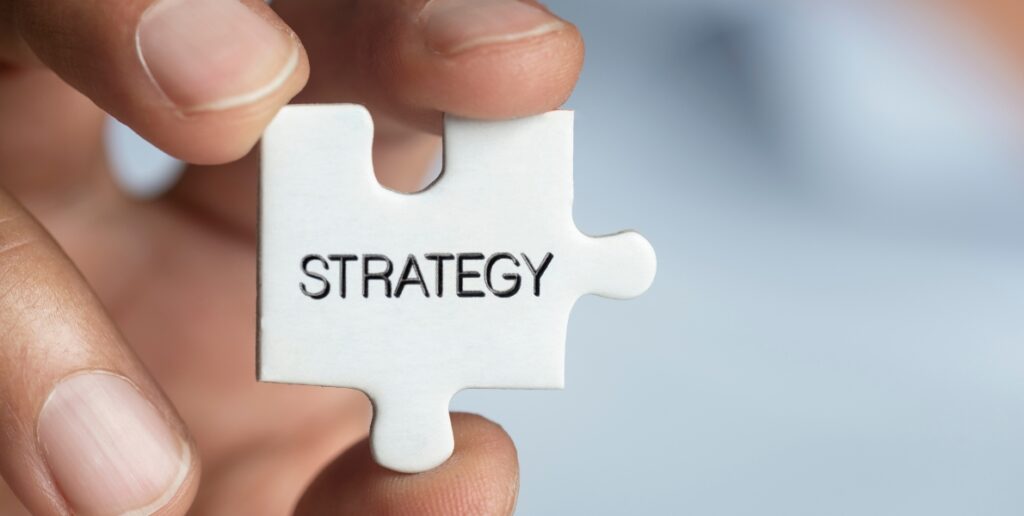
The web design process involves key steps to create an effective website. It combines strategic planning, creative design, and technical development to bring your vision to life. Understanding the web design process is essential for anyone looking to create a professional website, particularly a business website. When you recognize the need for a website for your company, it’s important to assess whether you should DIY it or hire someone.
While web builders like Squarespace or WiX can help you build your website, there are multiple reasons to hire an experienced professional. A professional website designer has the expertise to incorporate the latest web design trends and ensure that your new website not only looks good but also functions effectively. This is where hiring a designer from a professional web design agency makes sense. By choosing to work with a business in the industry, you can focus on your business while they handle the complexities of web development.
Consultation and Strategy
Your web design journey starts with a consultation. You’ll discuss your goals, target audience, and brand identity with the designer. This helps shape the strategy for your site.
The designer will research your industry and competitors. They’ll create a plan that outlines the site structure, features, and content needs. This roadmap guides the entire project.
You’ll also set a timeline and budget at this stage. Clear communication ensures everyone is on the same page from the start.
Design and Development
Next, the designer creates mockups of your site’s look and feel. You’ll see how the design elements come together to represent your brand.
After approval, development begins. The designer builds your site using HTML, CSS, and other web technologies. They focus on creating a responsive design that works well on all devices.
During this phase, you’ll see your site take shape. The designer adds your content, images, and any special features you need.
Testing and Launch
Before your site goes live, it undergoes thorough testing. The designer checks for bugs, broken links, and display issues across different browsers and devices.
They also test load times and make speed improvements. This ensures visitors have a smooth experience on your site.
Once everything looks good, it’s time to launch. The designer helps transfer your site to your web hosting service. They can also set up analytics tools to track your site’s performance.
After launch, many designers offer support to help with any issues that come up. You might also discuss plans for future updates or maintenance.
Evaluating Website Needs Against DIY Solutions
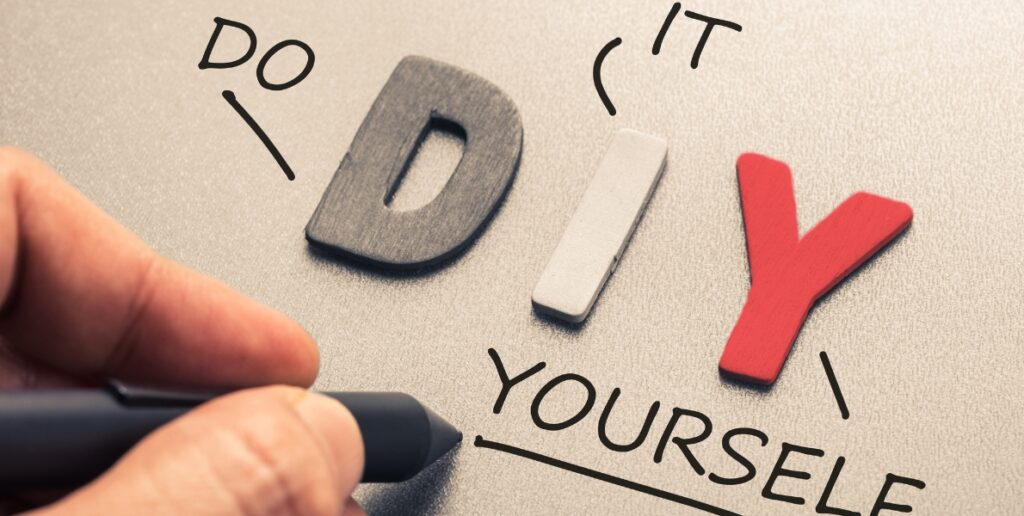
When deciding how to create your website, you need to weigh your specific needs against available options. Your choice will impact your site’s effectiveness and long-term success.
Website Builders Versus Professional Designers
Website builders like Wix or Squarespace offer quick, budget-friendly solutions. They work well for simple sites with basic features. You can set up a site in hours using templates and drag-and-drop tools.
Professional designers create custom sites tailored to your brand. They stay current with design trends and can build complex features. This option costs more but gives you a unique site that stands out from competitors.
For e-commerce, some builders have built-in tools. But a pro can craft a smoother buying experience. They ensure your store works well on all devices and can handle high traffic.
Pros and Cons of DIY Web Design
DIY web design puts you in control. You can make changes anytime without relying on others. It’s often cheaper upfront, which appeals to new businesses with tight budgets.
The downsides? DIY sites may look generic and lack advanced features. You’ll spend time learning the tools instead of running your business. As your needs grow, you might hit limits with what you can do yourself.
Hiring a web designer gives you a polished, professional look. They create sites that load fast and work well. This can boost your credibility and help you compete online. But it costs more and you’ll need their help for big changes.
Optimizing Your Website for Performance and Compliance
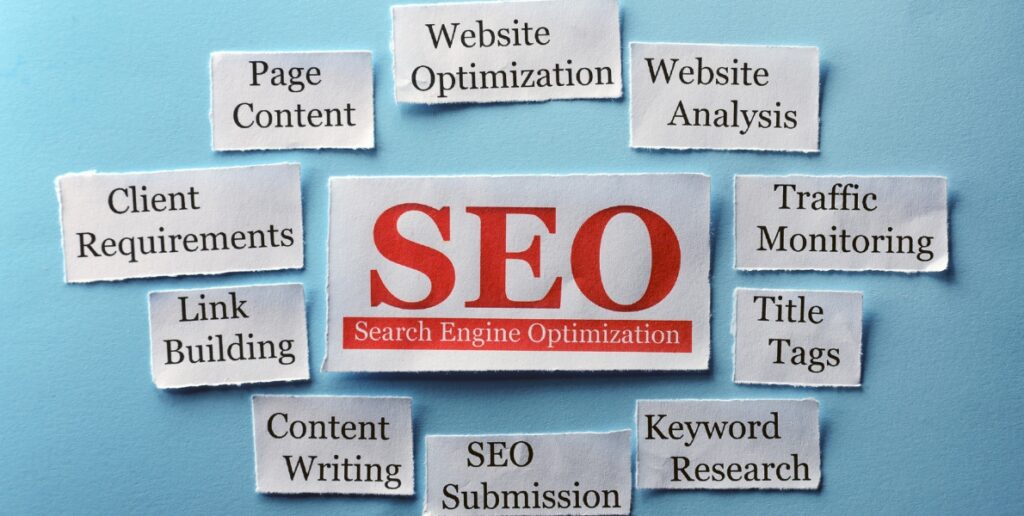
A well-designed website goes beyond looks. It needs to work smoothly, show up in searches, and follow rules. Let’s explore how to make your site faster, easier to find, and ready for new tech and laws.
Speed and Accessibility
Fast websites keep visitors happy and engaged with your content. Slow page load times can make people leave. You want your site to open quickly on all devices.
Here’s how to speed things up:
- Use small image files
- Remove unused code
- Get a good web host
Accessibility matters too. Your site should work for everyone, including people with disabilities. Use clear fonts, good contrast, and alt text for images.
Make your design responsive. This means it looks good on phones, tablets, and computers. A responsive site can boost your conversion rates.
SEO Optimization and Content Management
SEO helps people find your website. It’s about using the right words and setup to rank higher in search results.
Key SEO tips:
- Do keyword research
- Use headers (H1, H2, etc.) correctly
- Create quality content regularly
A content management system (CMS) makes updating your site easy. You can add new pages or blog posts without coding skills.
Good SEO and content help build backlinks. These are links from other sites to yours. They can boost your website visibility.
Adaptability to New Technologies and Privacy Laws
The web changes fast. Your site needs to keep up with new tech and rules.
Stay current with:
- Mobile-first design
- Voice search optimization
- AI chatbots for customer service
Privacy laws like GDPR and CCPA affect how you handle user data. Make sure your site:
- Has a clear privacy policy
- Gets consent for cookies
- Protects user information
Custom websites can adapt more easily to new tech and laws. They offer flexibility that pre-made templates might lack.
By staying up-to-date, you build visitor trust. This can lead to better results for your business online.
Frequently Asked Questions: Why Hire a Web Designer
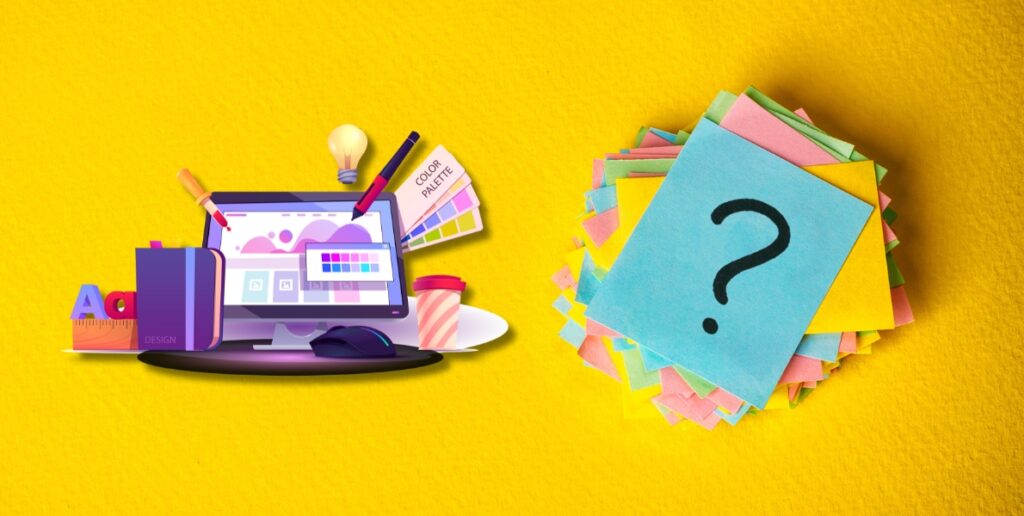
Hiring a web designer involves key considerations and benefits for businesses. Understanding the value, selection criteria, and essential questions can help you make an informed decision.
What are the key benefits of hiring a professional web designer?
A professional web designer brings expertise to create a visually appealing and functional website. They ensure your site is user-friendly and optimized for search engines.
Professional designers stay updated on the latest trends and technologies. This means your website will be modern and competitive in your industry.
How does a web designer add value to a business’s online presence?
A web designer creates a cohesive brand image across your digital platforms. They design layouts that guide visitors toward your business goals, whether that’s making sales or generating leads.
Designers also focus on creating responsive designs that work well on all devices. This improves user experience and can lead to higher conversion rates.
What should I look for when choosing a web designer or agency?
Look for a designer with a strong portfolio showcasing work in your industry. Check their previous clients’ websites to gauge the quality and style of their designs.
Consider their communication skills and willingness to understand your business needs. A good designer will ask questions about your goals and target audience.
What questions are crucial to ask a web designer before hiring them?
Ask about their design process and how they handle revisions. Inquire about the expected timeline and deliverables for your project.
Discuss their approach to SEO and mobile optimization. These factors are crucial for your website’s success.
How do professional web designer skills differ from DIY website solutions?
Professional designers have in-depth knowledge of design principles, user experience, and coding. They can create custom solutions tailored to your specific needs.
DIY solutions offer templates but lack the personalization and advanced features a professional can provide. Designers can also troubleshoot complex issues more effectively.
In what situations is it indispensable to hire a web design agency?
For complex e-commerce sites or large corporate websites, a design agency is often necessary. They have the resources and expertise to handle big projects.
If you need ongoing support or plan to scale your website, an agency can provide long-term solutions. They can also offer additional services like content creation and digital marketing.


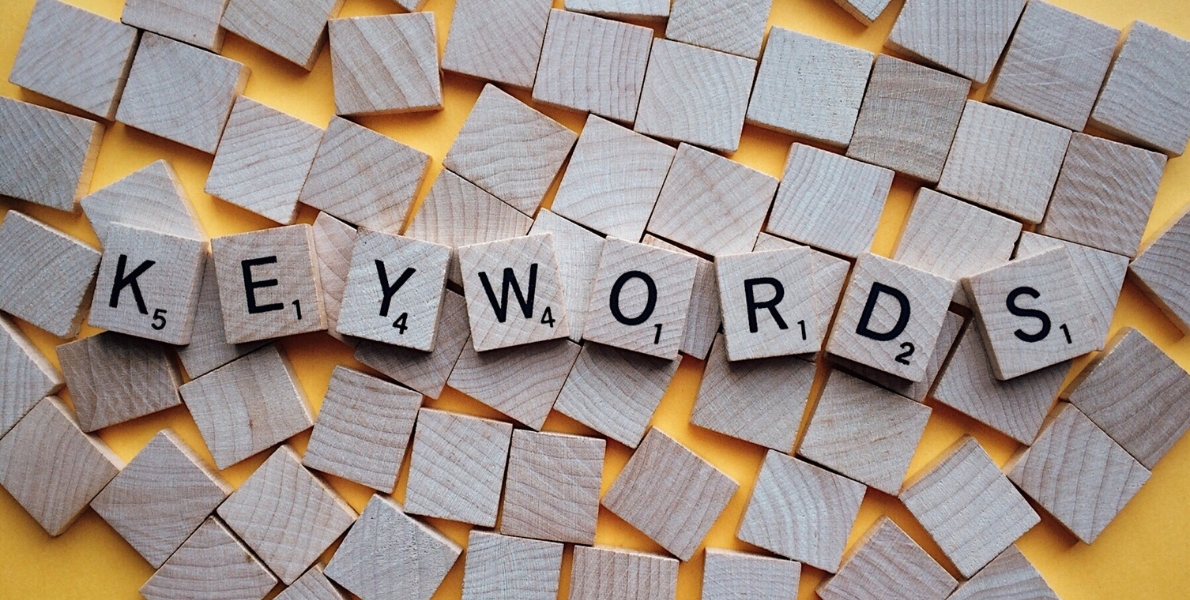

0 Comments